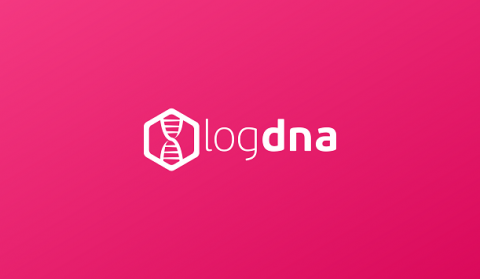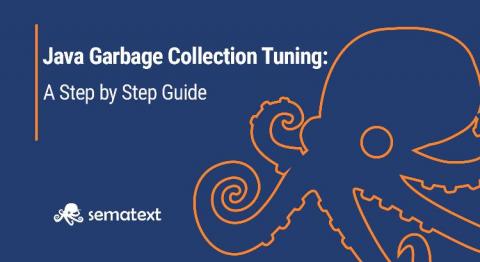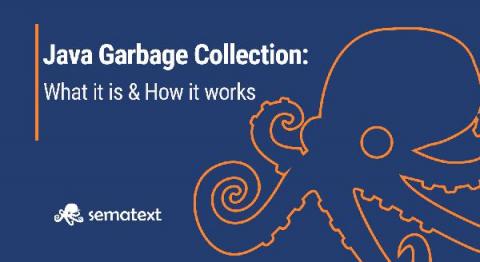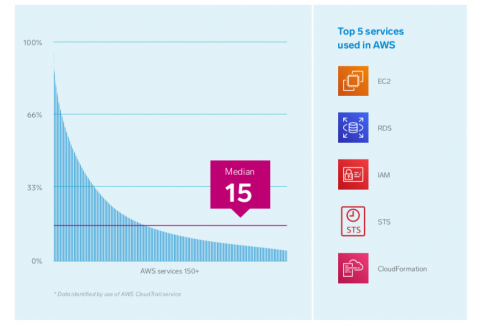Weekly and Monthly Alert Insights
SRE and Security teams rely heavily on alerts to know whether their systems are experiencing issues and to prevent any future outages. At LogDNA, customers can set alerts that trigger when specific logs match (presence alerts) or set an alert to go off if there are expected lines that haven’t come through (absence alerts). These alerts can be set up with various channels so you can be alerted in the product of your choice (Slack, Email, PagerDuty, etc).










